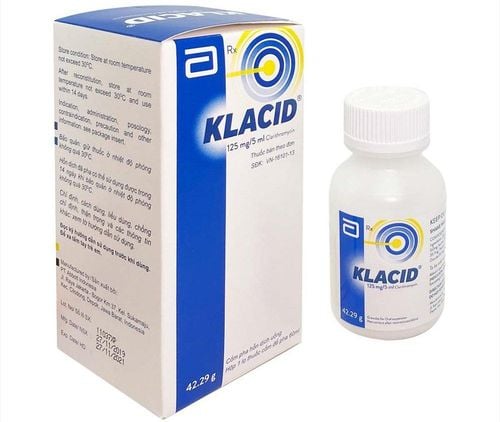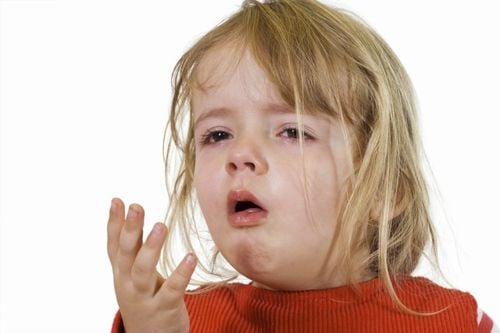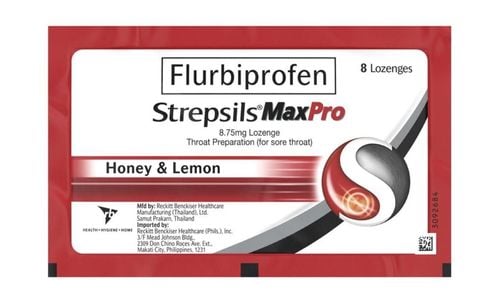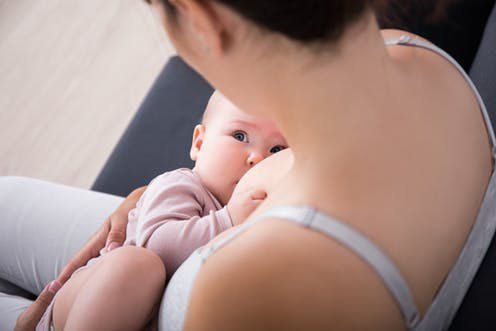Coughing is a common issue in children. This often draws significant concern from parents, sometimes leading to worry. Are parents' concerns valid, and when should they genuinely worry about their child’s cough? This article provides detailed information to help parents understand this condition better.
1. Causes of Coughing
Coughing is a natural reflex designed to protect a child’s airway from obstruction. It serves to:
• Clear irritants from the throat and chest, such as mucus, dust, or smoke.
• Respond to airway or lung inflammation caused by infections.
• Most coughs are caused by the common cold, but other reasons include allergies, asthma, or sinus infections.
In cases of coughing in children, when should parents be concerned? Coughing is common in young children and is usually not dangerous. However, coughing in infants is less common. If your child is under four months old, coughing may signal a serious issue. Generally, you should call a doctor if your child:
• Is under four months old.
• Is breathing more quickly or seems to struggle to breathe.
• Has wheezing sounds while breathing.
• Coughs up yellow, green, or blood-streaked mucus.
• Refuses to drink over multiple feeding sessions.
• Has a fever and seems unusually lethargic.
• Has chronic conditions like heart or lung diseases.
• Coughs so forcefully that they vomit.
• Has a persistent cough following an episode of choking.
• Shows no improvement after two weeks of coughing.
If your child experiences severe difficulty breathing, seek emergency care immediately.
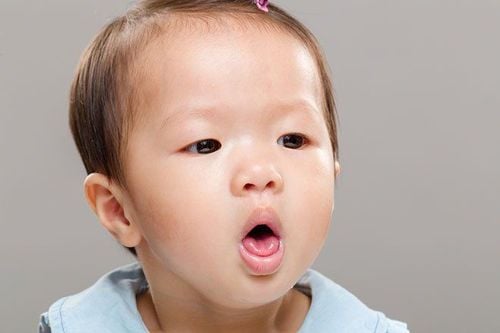
2. Types of Cough in Children
There are two main types of cough, both serving to keep your child’s airways clear:
• Productive Cough:
Accompanied by mucus or phlegm, a mix of mucus, debris, and lung cells.
• Dry Cough:
Without mucus
3. Symptoms and Causes of Cough in Children
There are many reasons why children cough. Symptoms as well as some of the most common causes of coughs are worth noting:
3.1. Cough with Nasal Congestion
Cause: Common cold.
Other Symptoms:
• Sneezing,
• Watery eyes
• Reduced appetite
• Mild fever.
Colds are the most common cause of cough in children. If your child has a cold:
• Avoid giving your child cough medication; coughing helps clear their airways.
• For children over one year old, give 2–5 ml of honey or corn syrup to thin mucus and soothe coughing. (Never give honey to children under one year old due to the risk of botulism.)
3.2. Cough with Cold Breaths and Breathing Difficulty
Cause: Respiratory Syncytial Virus (RSV).
RSV is most common in infants and young children but can affect all ages. While RSV often causes mild cold-like symptoms in healthy children, it can lead to severe respiratory diseases like bronchiolitis or pneumonia, particularly in infants under one year old.
Respiratory syncytial virus RSV usually attacks from November to mid-March
Other Symptoms: Severe coughing, wheezing, rapid breathing, fever, bluish lips or nails (from low oxygen levels).
• Severe coughing
• Wheezing
• Rapid breathing
• Fever
• Bluish lips or nails (from low oxygen levels
Treatment:
Most RSV cases resolve without treatment, but contact your doctor if you suspect bronchiolitis or pneumonia.
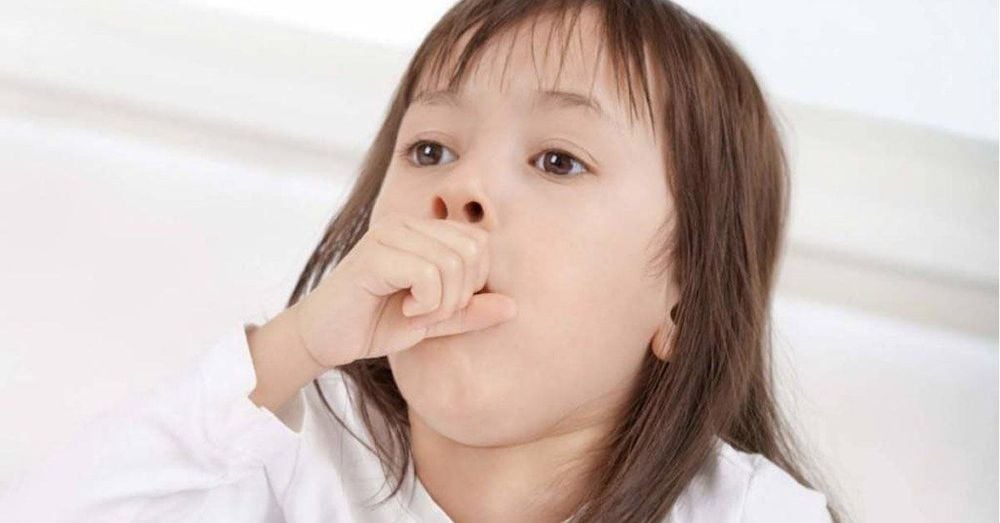
3.3. Cough with Fever and Breathing Difficulty
Cause: Pneumonia or bronchitis.
Pneumonia, a lung infection, often starts as a cold. Bronchitis, or infection of the bronchial tubes, usually follows a cold or flu.
Other Symptoms:
• Muscle aches
• Chills.
Treatment:
If symptoms suggest pneumonia or bronchitis, consult a doctor. Antibiotics may be needed for bacterial infections, but viral infections resolve without them.
3.4. Cough from Throat Infection
Cause: Croup.
Croup involves swelling of the vocal cords, trachea, and bronchi, leading to a hoarse, barking cough.
Other Symptoms:
• Worsened nighttime coughing
• Whistling sound when inhaling.
What to do: This cough may sound horrible, but in most cases, it's not too serious and can be treated at home. Here are some tips for treating children's coughs:
• Reassure and calm your child to ease their breathing.
• Ensure adequate hydration.
• For children over one year old, elevate their head slightly while sleeping to reduce coughing. Furthermore, do not share a pillow with your newborn, as this increases the risk of SIDS.
• Use a cool mist humidifier or take your child into a steamy bathroom. Humidification may help reduce airway swelling, although it has not been scientifically proven.
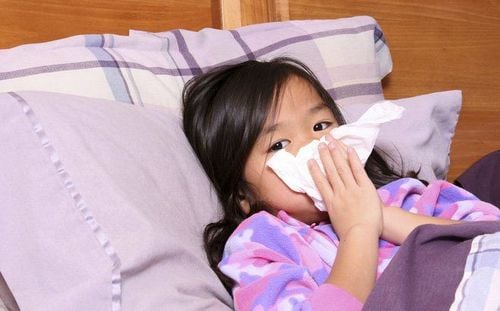
3.5. Persistent Cough
Possible causes: Allergies, asthma, environmental irritants and sinusitis
• Allergies are body reactions, such as a dry cough, usually caused by an overactive immune system.
• Inflammation of the lining of the air ducts to the lungs due to asthma may include a cough, or a cough that may not occur.
• Environmental irritants can include things like cigarette smoke or pollution.
• Sinusitis is an inflammation of the nasal mucosa and sinuses. It could be a virus or bacteria.
Other Symptoms:
• Nasal congestion or runny nose with clear mucus.
• Nighttime coughing or coughing after exposure to cold (common with asthma).
• Persistent cough and runny nose lasting at least 10 days without improvement, with the cough worsening at night (a sign of sinusitis).
What to Do:
If you suspect the cough is due to allergies, asthma, or sinusitis, schedule a doctor’s appointment for early diagnosis. If the doctor confirms bacterial sinusitis, they will prescribe antibiotics. In such cases, the cough should subside once the sinuses are cleared.
If you suspect the presence of an environmental irritant in the throat, identify and remove the source immediately.
3.6. Persistent Cough Without Other Illness Symptoms
Possible Cause: Ingesting or inhaling a foreign object.
A cough lasting more than a week without other illness symptoms (like runny nose, fever, or lethargy) or allergy signs (clear discharge) may indicate that the child has something lodged in their throat or lungs. This is more common in young children who explore their surroundings, handle small objects, and tend to put things in their mouths.
What to Do: If a doctor suspects a foreign object, they will order a chest X-ray. If the results confirm an object is stuck in the lungs, surgical removal will be required.
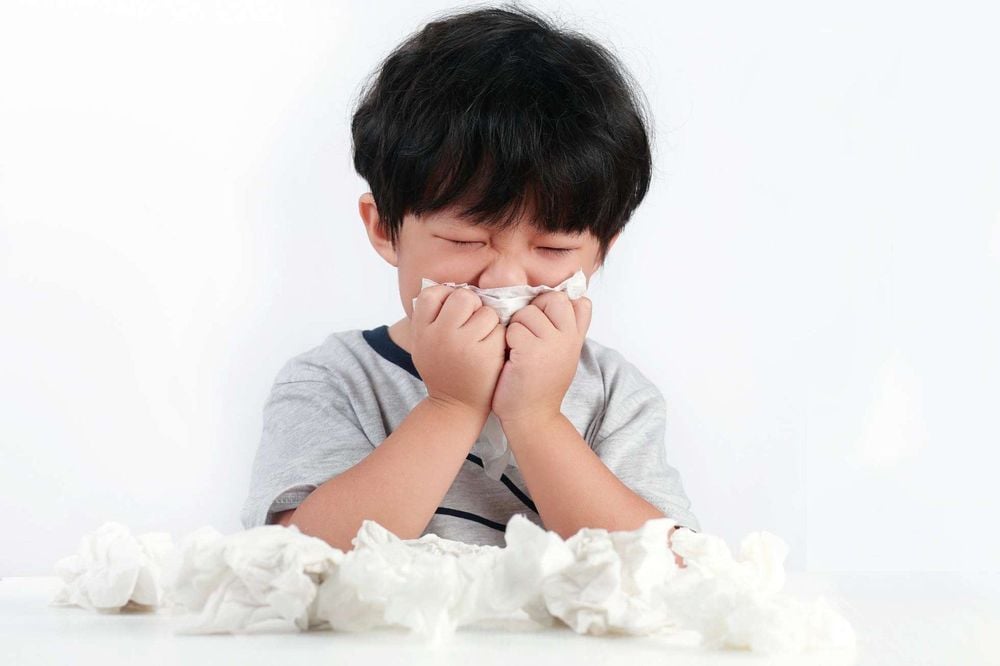
3.7. Cough Accompanied by a "Whooping" Sound
Possible Cause: Pertussis (Whooping Cough).
Pertussis is a highly contagious respiratory infection caused by the bacterium Bordetella pertussis. While less common due to the DTaP vaccine, outbreaks still occur.
Other Symptoms:
• Persistent coughing fits lasting 20–30 seconds, followed by difficulty breathing before the next coughing episode.
• Sneezing, runny nose, and mild cough resembling a cold that may last up to two weeks before severe coughing begins.
If symptoms suggest pertussis, contact a doctor immediately. Pertussis can be severe, especially in infants under one year old. Treatment typically involves antibiotics.
3.8. Cough Producing Thick Yellow or Green Mucus
Possible Cause: Cystic Fibrosis.
Cystic fibrosis (CF) is a genetic condition affecting children, characterized by persistent coughing with thick yellow or green mucus as a prominent sign.
Other Symptoms:
• Recurrent pneumonia or sinus infections.
• Poor weight gain.
• Salty-tasting skin.
• Large, greasy stools.
What to Do: If CF is diagnosed, antibiotics will be prescribed to treat accompanying lung infections, and specific techniques will be used to help clear thick mucus from the lungs.
3.9. Frequent Coughing
This is rare in infants but can occasionally occur as they experiment with their voices or seek attention. For toddlers or older children, habitual coughing after illness may continue even after they have recovered. Habitual coughing does not occur during sleep and rarely interferes with eating or talking.
What to Do: Usually, if you wait, the coughing will stop on its own. For children aged four and older, lozenges or throat drops can be given to alleviate the cough.

4. Guidelines for Cough Medications
Infants: Do not give cough medicine to infants.
Older Children: Always consult a doctor before giving over-the-counter (OTC) cough or cold medicine. The American Academy of Pediatrics advises that most coughs and colds can be treated without medication.
Under 4 years old: Avoid cough and cold medications entirely.
4 to 6 years old: Only use medications if recommended by a doctor.
6 years and older: OTC cough and cold medications can be given, but ensure they are age-appropriate, and doses are measured accurately as per the instructions. Never give multiple medications simultaneously to avoid overdose.
Parents are encouraged to supplement their child’s diet with products containing lysine, essential minerals, and vitamins like zinc, chromium, selenium, and B vitamins. These nutrients:
• Fulfill nutritional requirements.
• Boost the immune system.
• Reduce the risk of respiratory illnesses, bronchitis, and colds.
Lysine is essential for children development:
• Stimulates the production of digestive enzymes, encouraging better appetite and efficient digestion.
• Enhances nutrient absorption and metabolism.
• Supports the development of antibodies and strengthens the immune system, helping to reduce cough and thin mucus in children.
Reference sources: Babycenter.com
To arrange an appointment, please call HOTLINE or make your reservation directly HERE. You may also download the MyVinmec app to schedule appointments faster and manage your reservations more conveniently.


